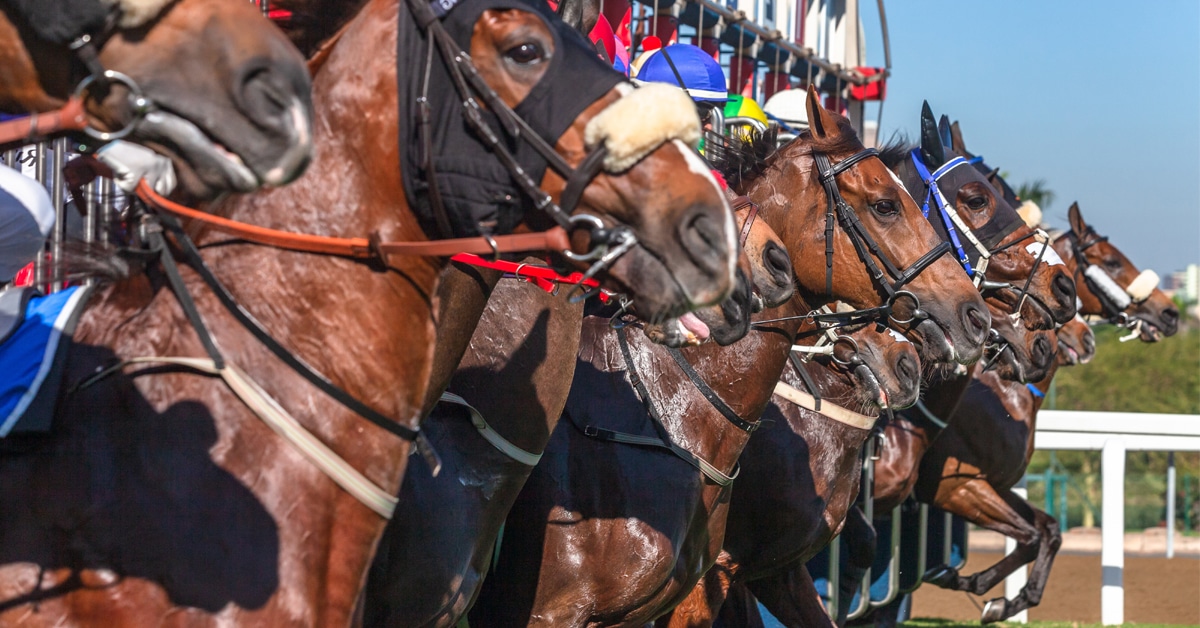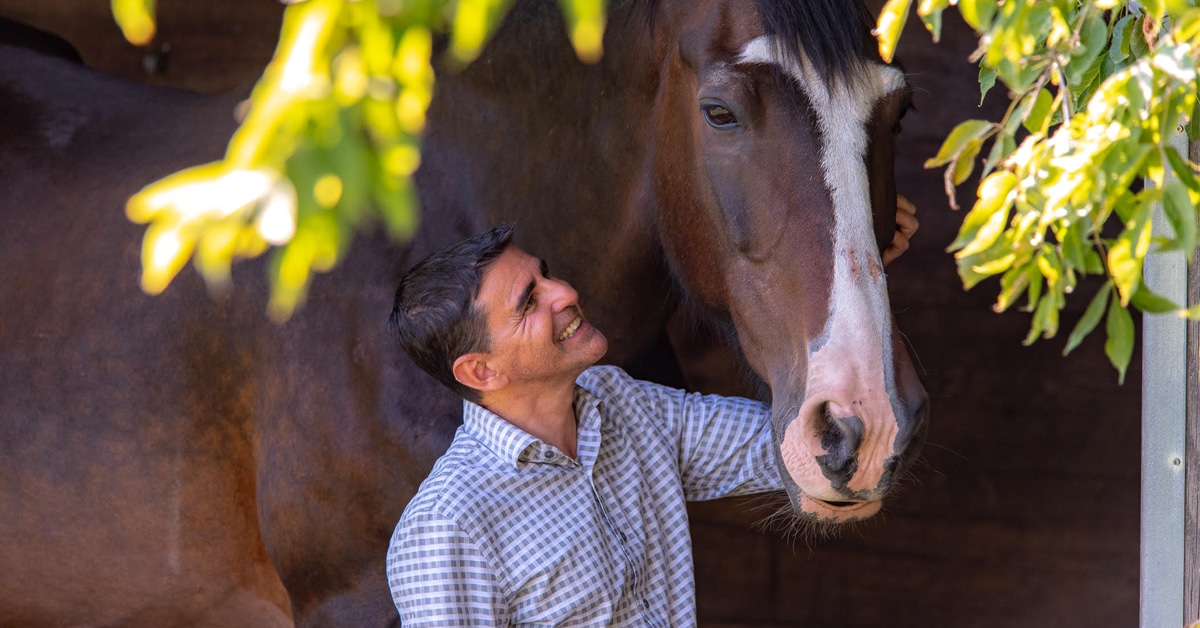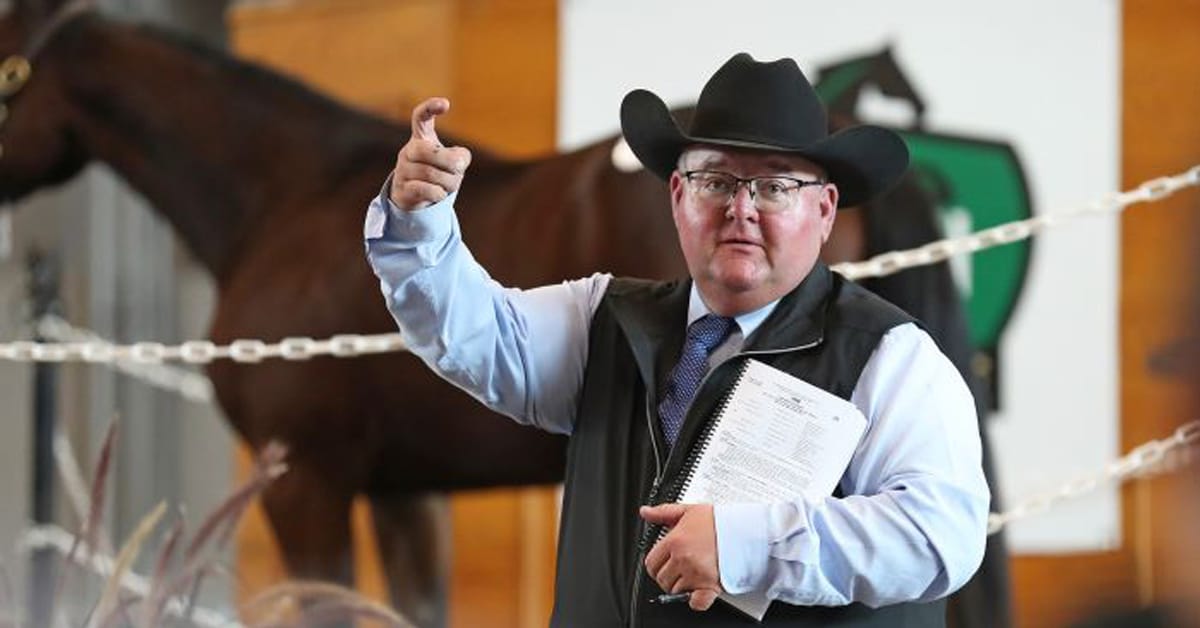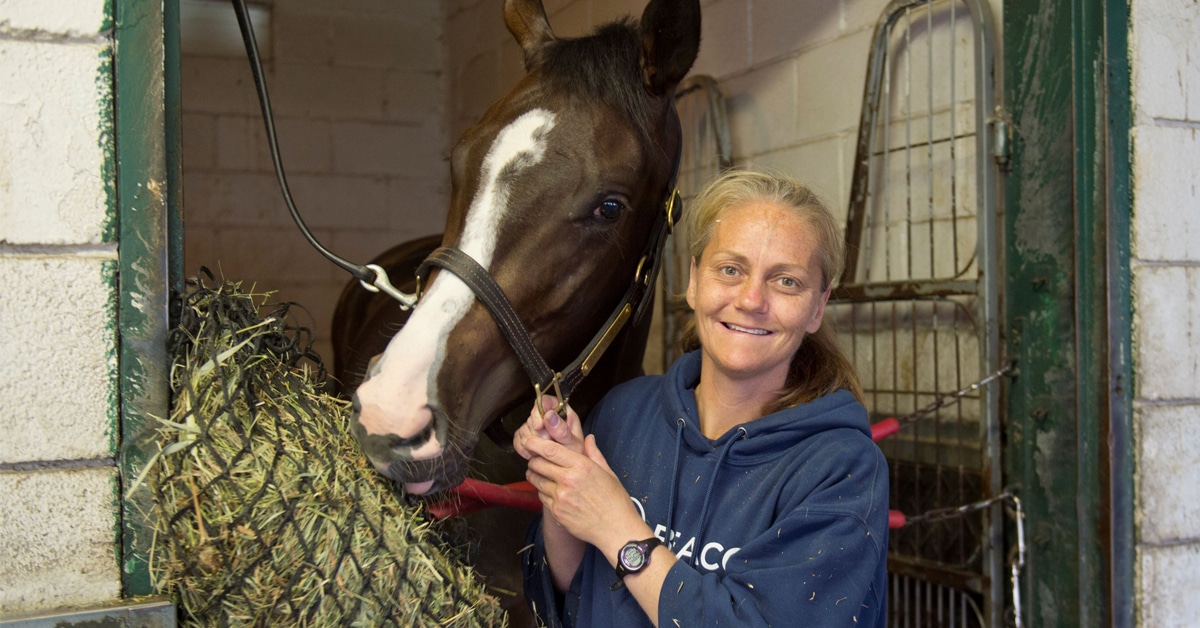Are there any achievements by horseplayers through the years that are your favourites? I have two such race-playing heroes – who, ironically, are polar opposites. I thought I’d mention them because this month is the 20th anniversary of what one of them did to achieve fame and fortune.
In October, 2003, a South Dakota jewellery repairman by the name of Gordon Stone, 40, who had never been to a race track, went to a sports bar in Rapid City to place wagers on behalf of him and his partner on Breeders’ Cup races that were being run at Santa Anita. One of those tickets cost $8. It was a $2 wheel on the pick 6. His ticket singled four legs and took two horses in the other two legs. He nailed it. His ticket was the only correct one and he collected $2.7 million.
Has anyone anywhere won so much for spending so little? What a coup! It’s worth bringing up again because it shows it really is possible to spend small to win big and no one should be under the illusion you need a giant bankroll to collect a fortune. It also carries a lesson to lottery players. Basically he collected millions for the cost of three lottery tickets — but the difference was, he wasn’t relying on chance and luck. He studied the records of the horses and reached a logical conclusion that turned out to be correct. As passionate horseplayers, shouldn’t we be encouraging lottery players to consider taking a shot on mega-pools offered on HPI?
My other hero is a one-time blackjack player who, when banned by casinos for card-counting, turned his attention to horse racing and made so much money playing races in Hong Kong he didn’t even collect his final big score of $23 million (CDN) on the Triple Trio in November, 2001, leaving it instead to charity. His name is Bill Benter and Googling his name will guide you to highly entertaining YouTube descriptions of how he made a billion — with a “b”—dollars playing the races, disproving the often-repeated claim that “you can beat a race but you can’t beat the races.”
With a knack for mathematics, he gathered statistics on racing at the two Hong Kong tracks, a mecca for race-playing and giant pools, and turned the information into an algorithm that guaranteed success. He apparently lost $120,000 in his first year of trying but made $600,000 the following year by turning 20 racing factors into an algorithm. He ultimately fed about 120 pieces of data into computers that determined what bets were the best value because the betting public was underplaying them.
How can you not admire someone who took betting to that extreme? Probably none of us will go to that extent, but he showed players what they need to do to make money: look for value. Assign your own odds to the chances of each horse in a race and bet the horses you think should be lower odds. That, in essence, is what a friend has been doing, betting primarily on a bet365 account which offers fixed odds on horses. He has been so successful at it, bet365 has limited his play.
It’s less than three weeks to the Breeders’ Cup at Santa Anita where you have a chance to mark the 20th anniversary of Stone’s betting coup at that track by betting a mere $8 on the pick-6. Nothing ventured, nothing gained. Maybe the racing gods will be looking as kindly on you as they were on Gordon Stone.
Players turn 20 cents into $8,659
What did 20 cents buy players of the seventh race at Woodbine Saturday? An $8,659 share of the superfecta pool. Not too shabby.
The 10-horse allowance optional claimer obviously wasn’t easy to figure out – although the editor of this column bet #10 Indian Music, the second-place finisher, across the board at odds of 60-1 “because it’s a horse I’ve always liked.” The four-year-old chestnut filly paid $45.90 to place and $16.90 to show.
Those odds were highly unexpected because the filly loved to get the lead; she had done so in five of her previous eight starts. That was more than any other horse in the field. So it should have occurred to players that she might be able to steal the race. In fact, she almost did. She relinquished her lead late.
And who passed her to win the race? The Equibase program selection #2 Jill who went off at odds of 10-1. Nothing complicated there. Yet the $1 exactor with the 60-1 speedball paid $364.
And what about the underneath horses in the superfecta? The fourth-place finisher, #3 Cardio Princess at 11-1, was the only class dropper in the field. She was dropping from $50,000 allowance optional claiming to $32,000 so she might have been wheeled for third and fourth with “all” in the other position because the third place finisher, #9 Weehawken at 17-1, was a tricky take.
Certainly, the race required head-wracking study but those who wrestled with it were obviously handsomely rewarded. When my betting group at Assiniboia Downs looked at this race for possible pick-4 play, we concluded we needed to wheel “all” horses in this leg. But the above comments show there WAS a way to think it through to arrive at a winning play.
The Latest










